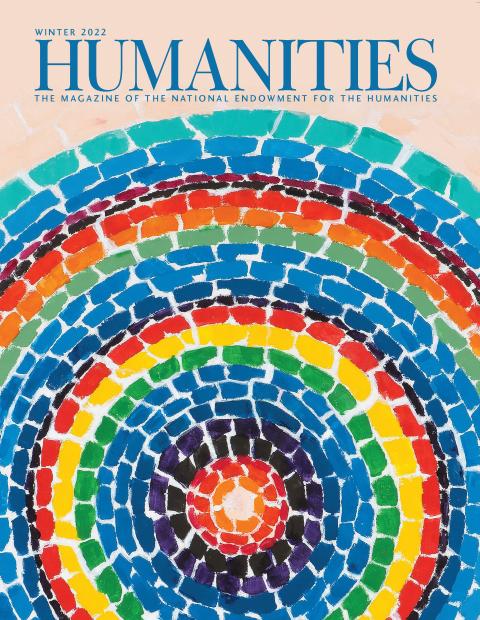I was in college. A friend of mine called, crying. She was depressed and angry, as usual, due to a whole string of terrible events stretching back years. I had also been through a lot in that period, which is why she sought me out, though now I could report that I was feeling better than I used to. So after we talked over what was going on with her, my friend asked, What are you doing right?
One thing I was doing, I said, not sure if it even counted, was reading Plato’s Republic. Exactly how it was helping me, I was not sure, but it was. A strange, millennia-old piece of literature, it offered little advice, and much of what it said I didn’t fully understand. But reading it was allowing me to see the world with new eyes. It was teaching me to think about the elusive meanings of words like justice and virtue. And it was helping me tweak some of the mental habits I had picked up back when I was the one calling friends for help. Philosophy, in short, was setting me free.
The liberal arts, traditionally, are described as an education suitable for free people. They prepare us to not only enjoy freedom but help us gain it in the first place and possibly even keep it.
They can change lives. Ask Roosevelt Montás, who arrived in the United States at the age of twelve from the Dominican Republic. The author of a new book, Rescuing Socrates: How the Great Books Changed My Life and Why They Matter for a New Generation, he found a stack of Harvard Universal Classics in his neighbor’s garbage, sending him in a new direction.
Or ask Kafi Dixon and Carl Chandler, two older and impoverished students who found themselves reading Plato in a Clemente Course in the Humanities. James Rutenbeck made a film about them, A Reckoning in Boston, realizing along the way he had a lot to learn about the city he calls home.
Aidan Ryan had done graduate work in literature when he took a teaching job to tide him over while he figured out what to do with his life. Then, during what might have been another dull week in English class, tragedy struck and he needed to find his voice as a teacher.
Goethe, that great totem of German lit, helped loads of English writers, including George Eliot, find their voices in one of the great under-remembered moments of cultural transmission, here recalled by Gregory Maertz.
The African-American painter Alma Thomas also deserves to be better remembered. She hit her stride when she left the world of representational art behind and began searching for beauty on her own terms, as Angelica Aboulhosn reports in our cover story on a new touring exhibition supported by NEH.

